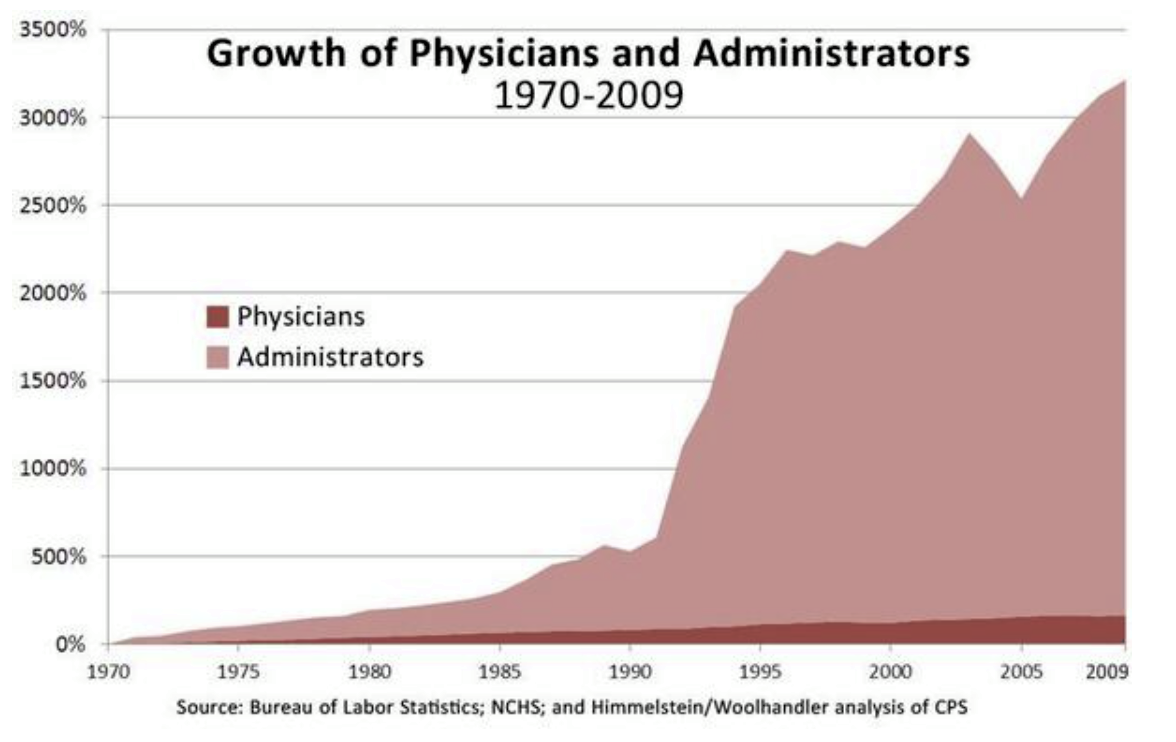I originally posted this as just audio, but then I had someone transcribe it for me on Freelancer.com. I paid him $10 and he did it from Montenegro in 20 minutes. Fun!
One of the many things I love about economics is that it helps you understand and make sense of things that otherwise seem irrational and mysterious.
It helps you come up with actual workable solutions, rather than of a bunch feel-good nonsense.
To give a concrete example, there are a lot of bad drivers out there and lots of accidents. It’s really scary, right?
So what’s the normal non-economist response to this? “Let’s produce and buy cars with more safety features, front airbags, side airbags, better brakes, glass that shatters in way that won’t hurt you.”
All these safety features seem like the thing to do, because with all these accidents and dangerous drivers you want to protect people, right?
Ah, but this is where the economic way of thinking sheds some light. The economist says, “You fools!”
We don’t want to make cars safer, that’s just going to lower the cost of bad driving, let’s mount a spear on the steering wheel of every car at two inches from the driver’s chest. Now let’s see who’s driving recklessly! You don’t want to lower the cost of reckless driving, you want to raise it!
My comedian friend Jeremy McClellan has this great bit about whether you’d want your kids to take driver’s ed from cops, who basically drive as recklessly as they want to because they can turn on their sirens and get away with it, or from drug dealers?
The cost of a drug dealer getting in any kind of traffic accident is very high. If they get pulled over they could go to jail for carrying all these drugs around. You want to learn to drive from drug dealers. They’re going to be the safest on the road. It’s all about the incentives.
This is the kind of crazy, seemingly barbaric but wonderful insight that economic thinking can bring.
Why in my neighborhood are all these soccer moms such reckless drivers? One of the reasons is because they have such wonderful breaks and safety features on their brand new SUVs.
They know they can scream up behind me at 65mph and slam on their breaks with two inches to spare and their car will come to a gentle halt. Their latte won’t even spill. Meanwhile I’m terrified. It’s endangering my heart rate if nothing else.
Then there’s me, driving my 2002 Saturn with a 195,000 miles on it. I’m like a train conductor. I start breaking about two and a half miles before the stop light to just ease into it because I know if I slam on the breaks with just 50 feet to spare my foot will literally go through the floor of my car and I’ll have to use my foot on the pavement as a break. That’s a really high cost. I don’t want to lose my foot.
I’m the most cautious driver you will ever see in my Saturn. I check my blind spot religiously, partly because my car is so low it could fit under other cars, but partly because I have no side mirror. I lost that in an unfortunate parking incident.
This is just one little illustration of economic thinking and how it can help you develop counterintuitive insights and come up with counterintuitive solutions to common, everyday problems.
Below is the original audio, a note I left myself on Voxer.
Like this:
Like Loading...
